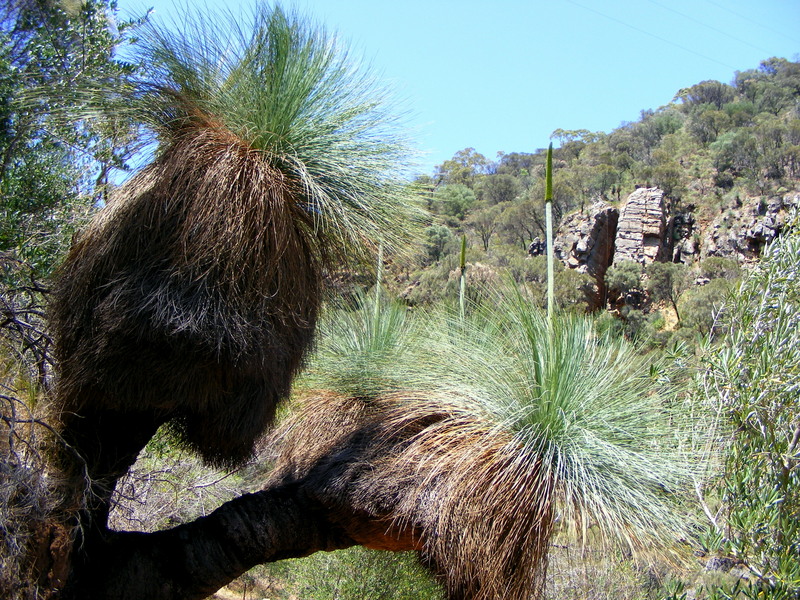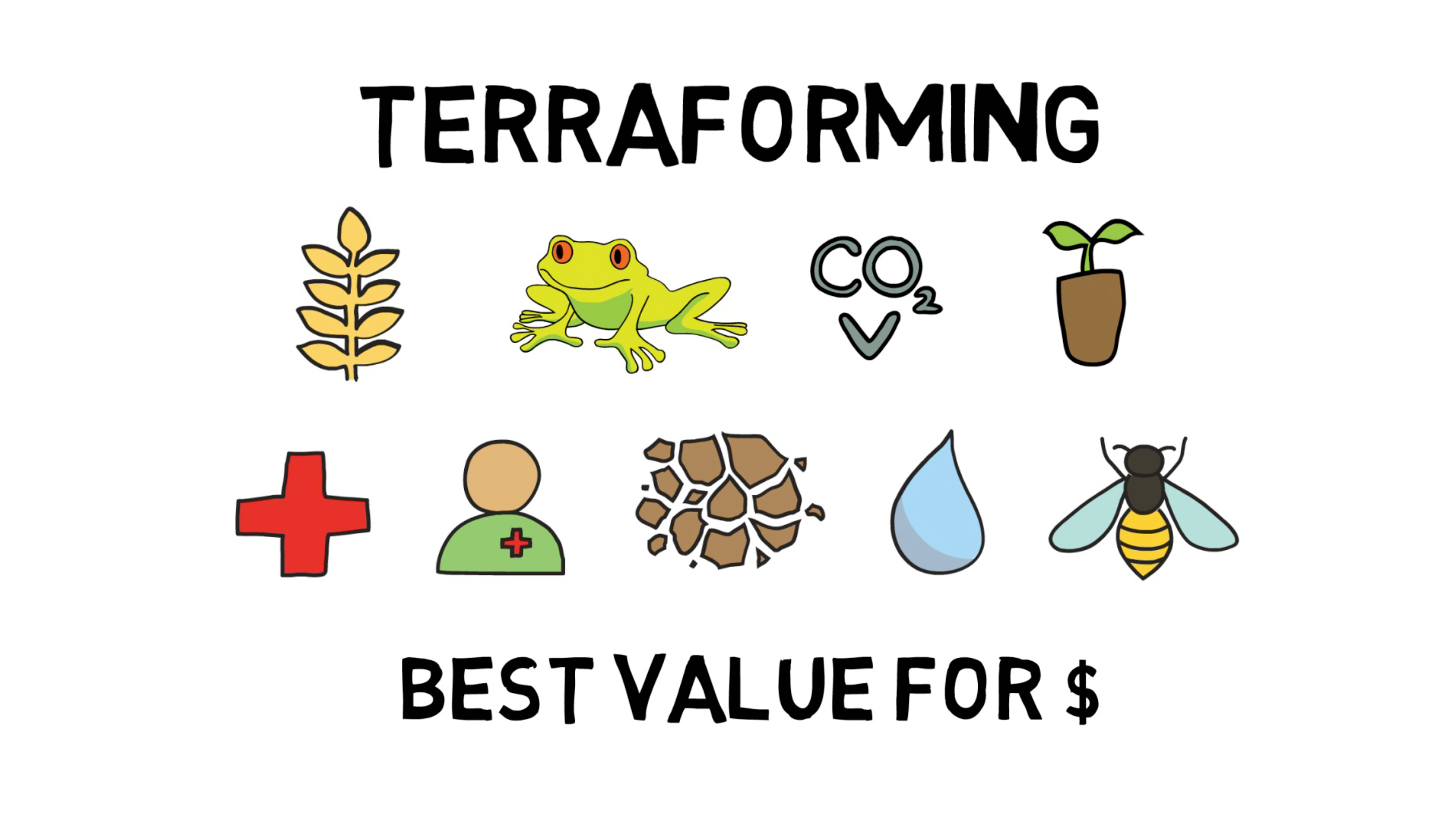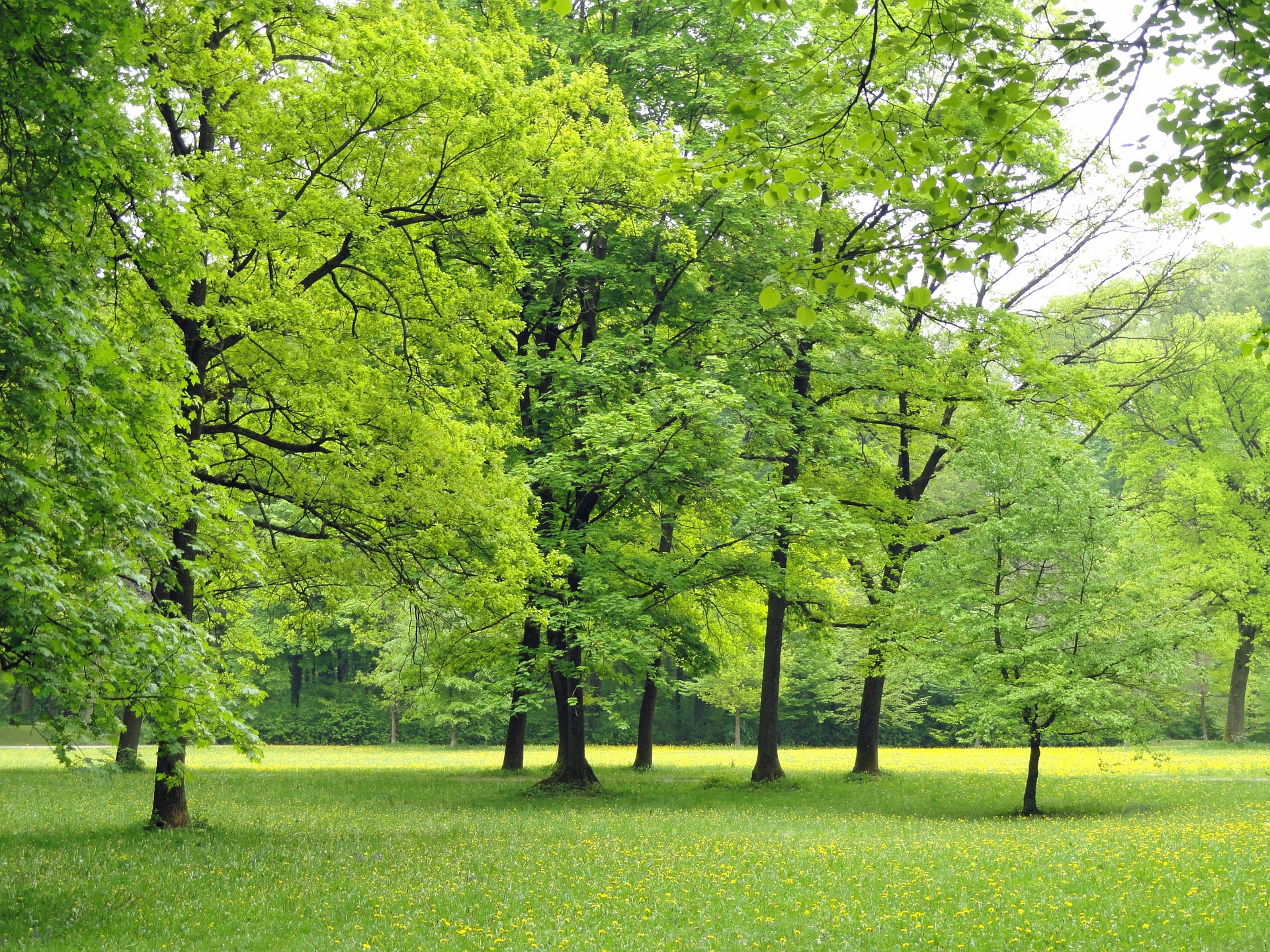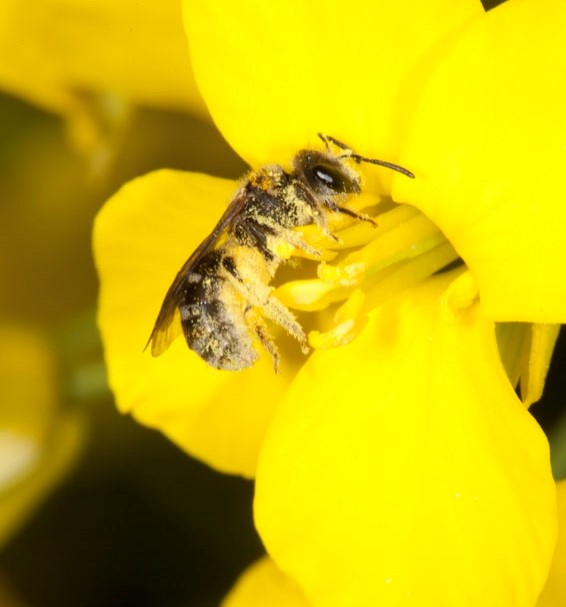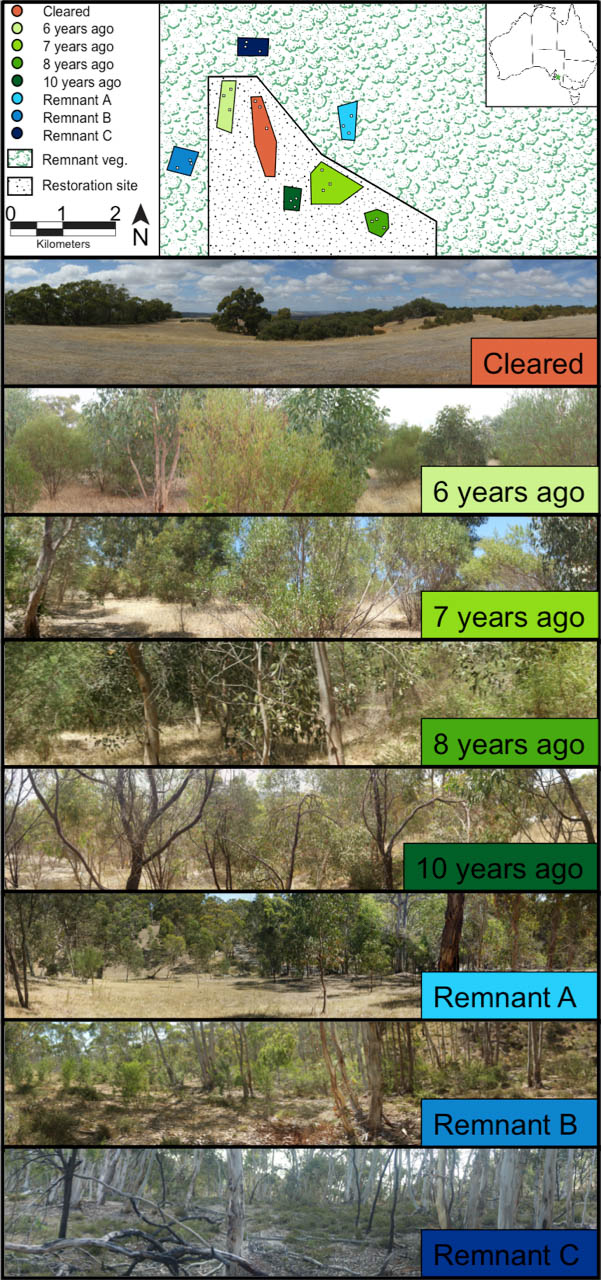BLOGS WEBSITE
TAG: Andrew Lowe
How will climate change impact South Australia’s flora?
Researchers at the University of Adelaide have identified the implications of climate change for South Australia’s plant species and the state’s biodiversity. “Climate change presents a significant threat to biodiversity,” warns Dr Greg Guerin of The University of Adelaide. “Climate change exacerbates existing problems around habitat loss and fragmentation, invasive species, pathogens, eutrophication, and altered […]
Comments Off on How will climate change impact South Australia’s flora?
Restoring the Astronomical Scale of Degraded Lands Around the World
After extensive analysis of degraded lands around the earth, Adelaide University researchers are on the path to restore vast ecosystems. Governments and NGOs are currently committing to the restoration of degraded ecosystems on scales that would have been unimaginable 50 years ago. However, even with broad policy support and the substantial funding, questions remain about […]
Comments Off on Restoring the Astronomical Scale of Degraded Lands Around the World
Not all green spaces made the same, quality needs to be high for health benefits
An Australia-wide study of connections between environments and respiratory health, led by PhD Student Craig Liddicoat and published in Journal of Environmental Management, has found that living in the vicinity of biodiverse environments is strongly associated with a lowered incidence of respiratory disease. The paper also included Environment Institute researchers, Profs Peng Bi, Michelle Waycott, Andrew Lowe […]
Comments Off on Not all green spaces made the same, quality needs to be high for health benefits
Bees hold the key to Unlocking Increased Crop Yields
What’s all the buzz about? Researchers from the University of Adelaide are mapping the activity of honeybees and native pollinators in areas of revegetation and native vegetation around different crops in South Australia. They will create a short-list of the most useful pollinating species and identify the plants used by the pollinators as sources of […]
Comments Off on Bees hold the key to Unlocking Increased Crop Yields
Media Release: Microbes measure ecological restoration success
The success of ecological restoration projects around the world could be boosted using a potential new tool that monitors soil microbes. Published in the journal Molecular Ecology, University of Adelaide researchers have shown how the community of bacteria present in the soil of land that had been cleared and grazed for 100 years was returned […]
Comments Off on Media Release: Microbes measure ecological restoration success
Cryptic but important genetic differences within species
As Charles Darwin noted, the physical differences between individuals of a species are important for their future survival and success (or not). However there are also many not so obvious differences (known as cryptic variation) between individuals that give us important insights into the evolutionary and ecological history of a species. This information is important for how we make use of […]
Comments Off on Cryptic but important genetic differences within species
Continental-scale research uncovers bounty of Australia rangelands
The secrets of understudied Australian rangelands, which make up 81% of the continent, have been exposed in a new publication. The Terrestrial Ecosystem Research Network (TERN) has published results of a large, continental-scale research program, detailing precise information about the vegetation and soil of Australian rangelands. Published in PLOS ONE by lead author Dr Greg […]
Comments Off on Continental-scale research uncovers bounty of Australia rangelands
1 minute with SA Science Excellence Awards nominees
The South Australian Science Excellence Awards recognise and reward outstanding scientific endeavour, including its application in industry and the advancement of science and mathematics education. Last year, Professor Alan Cooper, Professor Andrew Lowe and Dr Kieran Mitchell were nominated for the prestigious awards, with Prof Cooper honoured as South Australia’s Scientist of the Year. Their research is […]
Comments Off on 1 minute with SA Science Excellence Awards nominees
Behind the Artist: Andy McIntyre on ‘Traceable’
More often than not, science alone is not enough to bring about change. A message born from scientific research requires emotion and context to cut through to the masses. For our latest research into the illegal timber trade, we wanted to spread far and wide the issue of illegal logging. To do so, we teamed […]
Comments Off on Behind the Artist: Andy McIntyre on ‘Traceable’
EI members head to Marrakech Climate Change Conference
Governments from around the world will descend in Marrakech this week for the 22nd Conference of the Parties (COP 22) to tackle the issue of climate change. The Marrakech Climate Change Conference brings together the world’s governing bodies to strengthen the global response to the threat of climate change. The central focus of the conference is […]
Comments Off on EI members head to Marrakech Climate Change Conference

